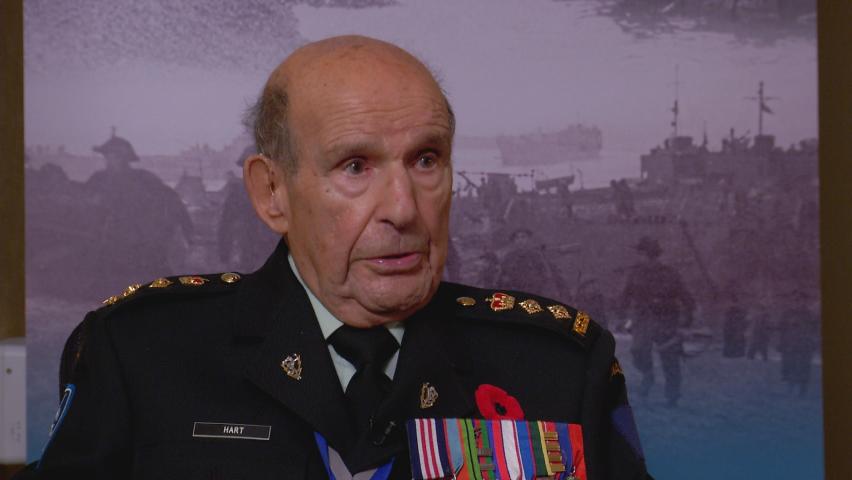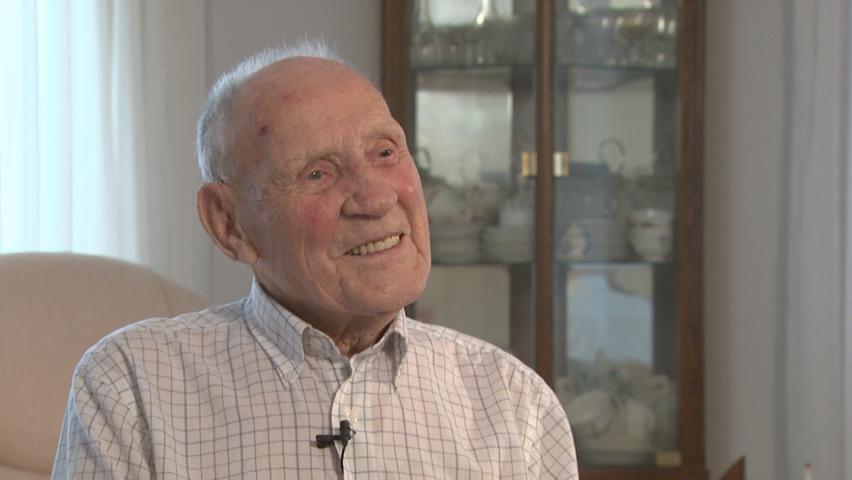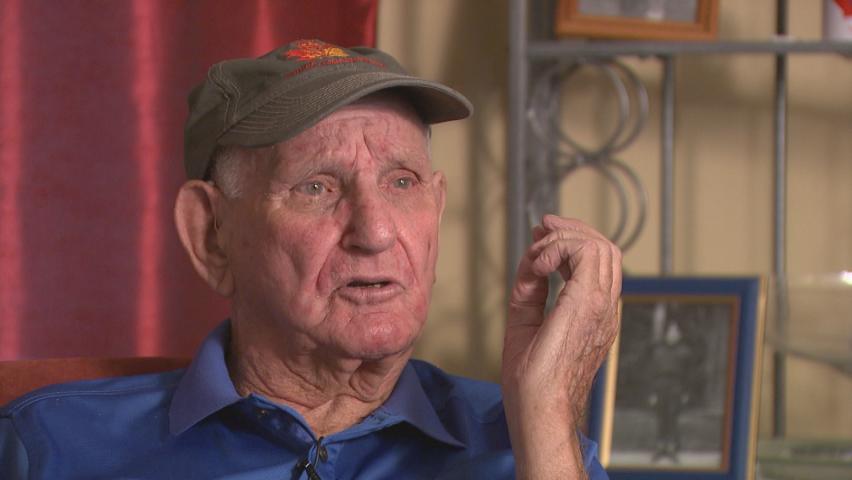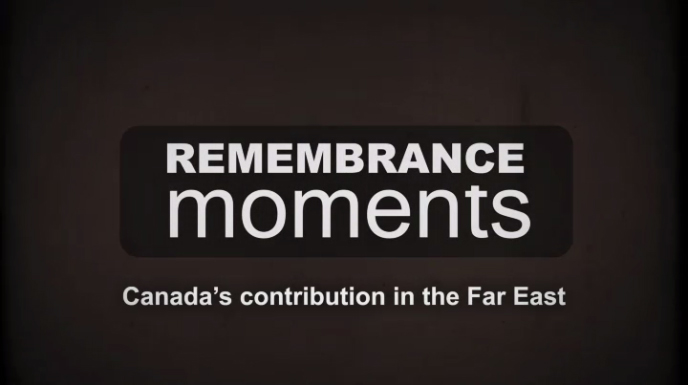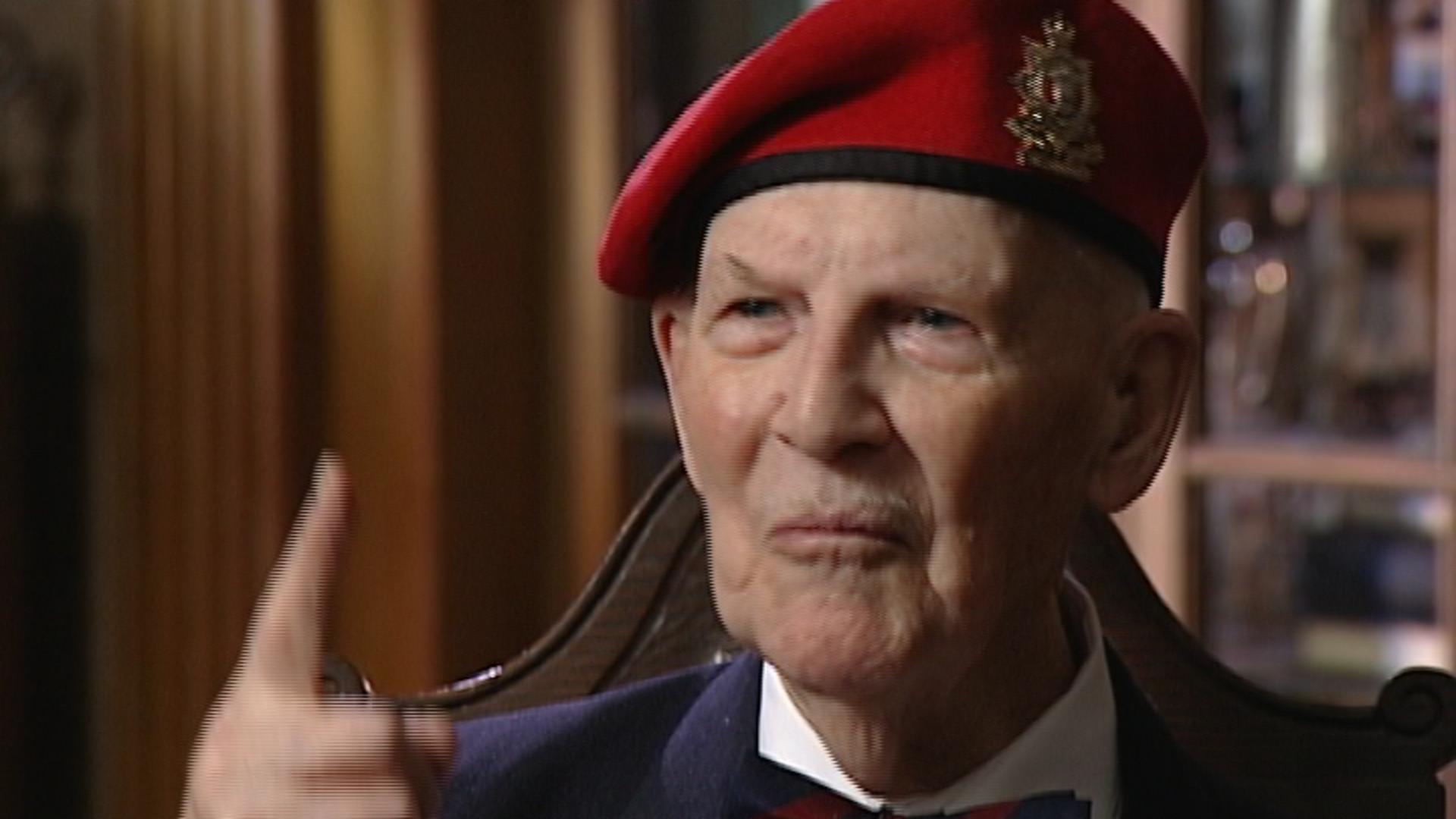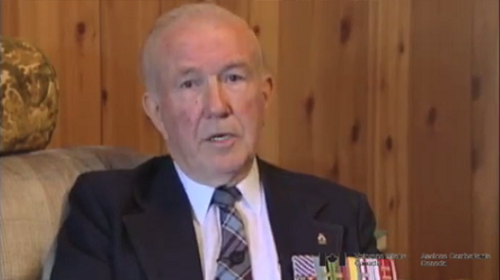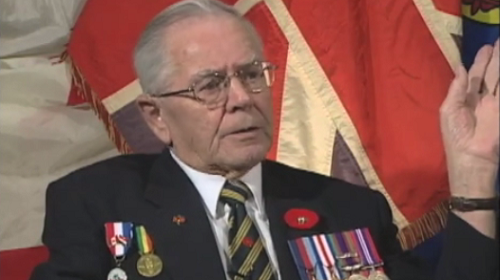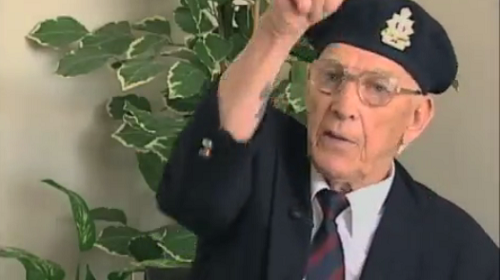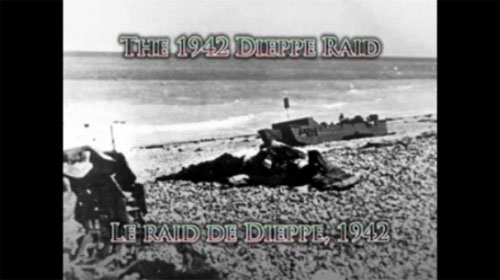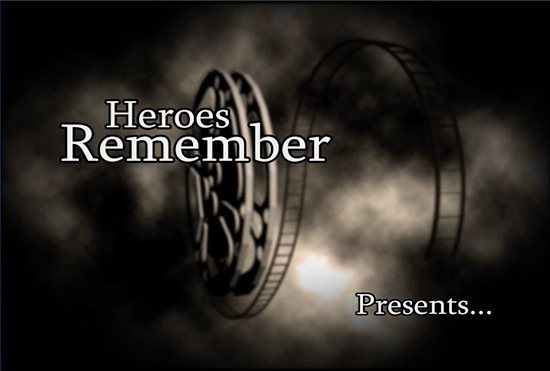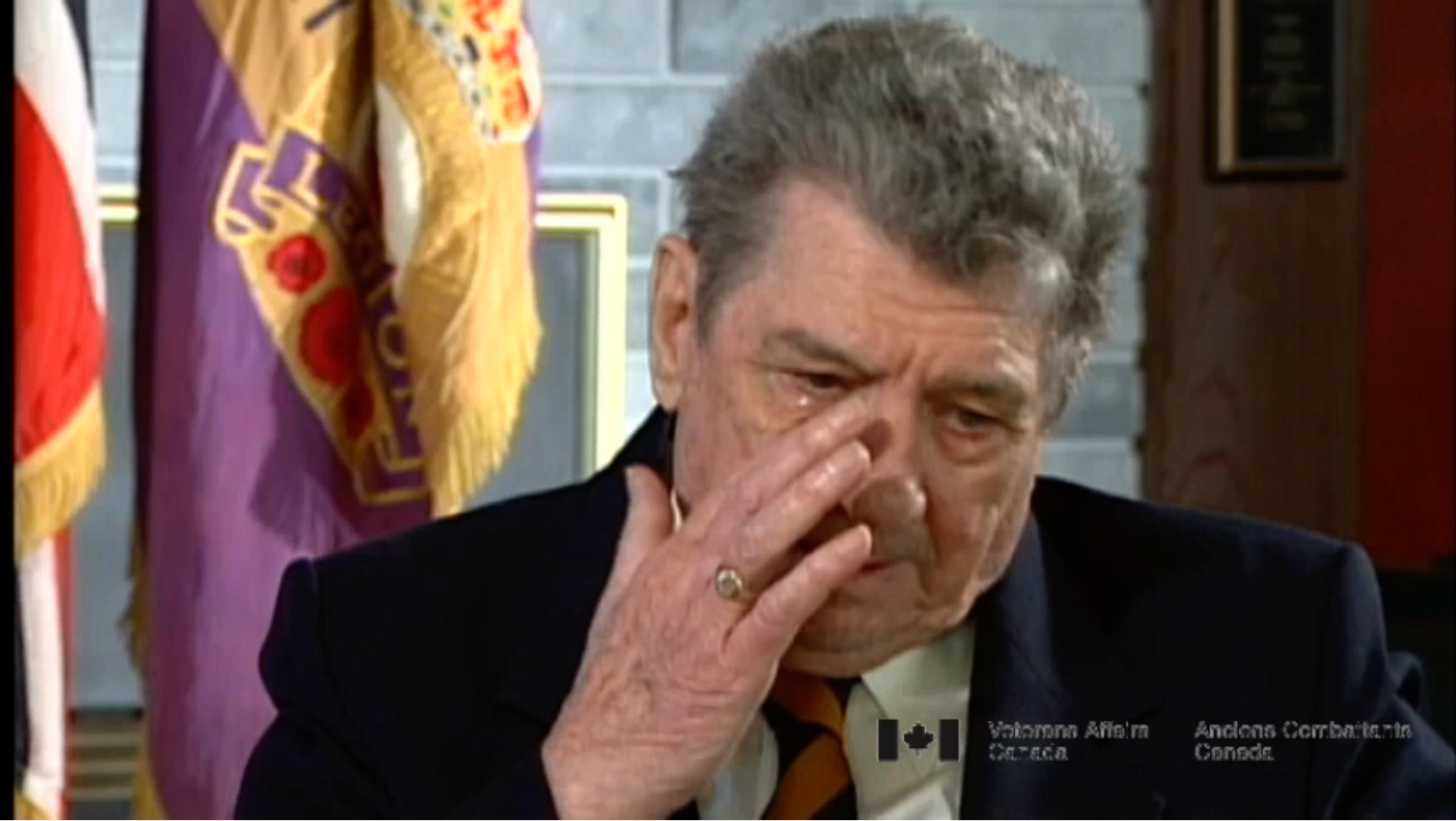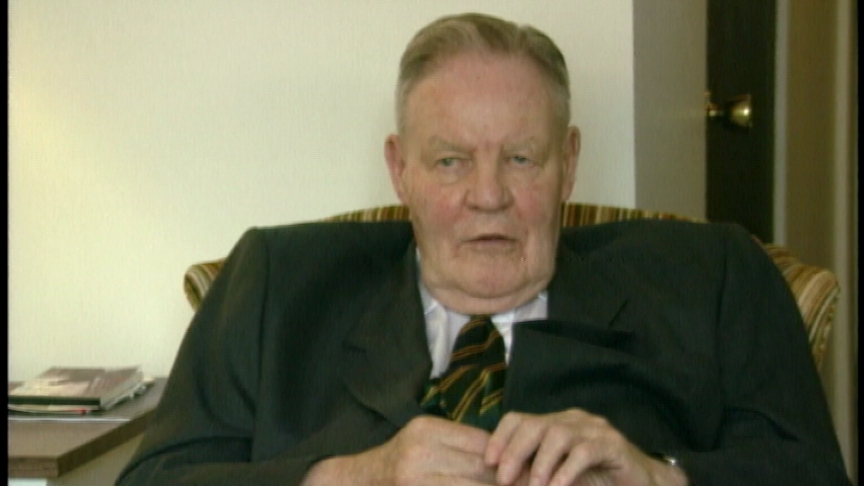Post-War Celebration Gone Bad
Heroes Remember
Post-War Celebration Gone Bad
This video format is not currently supported!
Transcript
Description
Ms. Dufton talks about meeting a soldier at St. Dunstan's Hospital who was wounded during celebrations at the end of the war.
Phyllis Dufton
Mrs. Phyllis Dufton was born in Esquimalt, BC. She wanted to enlist at the beginning of the Second World War, but was unable to because she was too young, and because her father who had fought in the First World War at Vimy Ridge did not want her to. She was with one of the first groups to go overseas and to go back to Canada. In total, about 250 St. John's Ambulance people went overseas. Mrs. Dufton took many St. John's Ambulance courses during the years prior to the war. She joined the St. John's Ambulance Brigade and was chosen to go overseas when she was old enough. She became an ambulance driver and was convoyed to London in 1944. Mrs. Dufton was sent to Southampton after three weeks in London and worked on the docks, waiting for hospital ships to come in. After a year, she moved again in the vicinity of Wiltshire where they did airport runs; taking soldiers from the front lines to nearby hospitals. After the war ended she went back to London and then to Nice for six months. Mrs. Dufton was in London until March 1946, then went on leave to Belgium. She came back to her hometown in May 1946. She received three medals, including the Victory Medal, the Canadian medal (with a clasp that denotes overseas service). She was allowed to join the Legion because she was overseas but was only recognized as a Veteran as of 2002.
Meta Data
- Medium:
- Video
- Owner:
- Veterans Affairs Canada
- Duration:
- 00:50
- Person Interviewed:
- Phyllis Dufton
- War, Conflict or Mission:
- Second World War
- Location/Theatre:
- Europe
- Units/Ship:
- St. John's Ambulance Regiment
- Occupation:
- Ambulance Driver
Related Videos
- Date modified:



